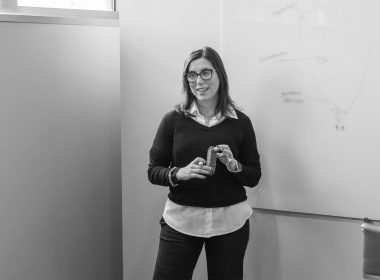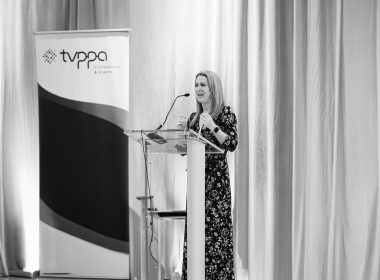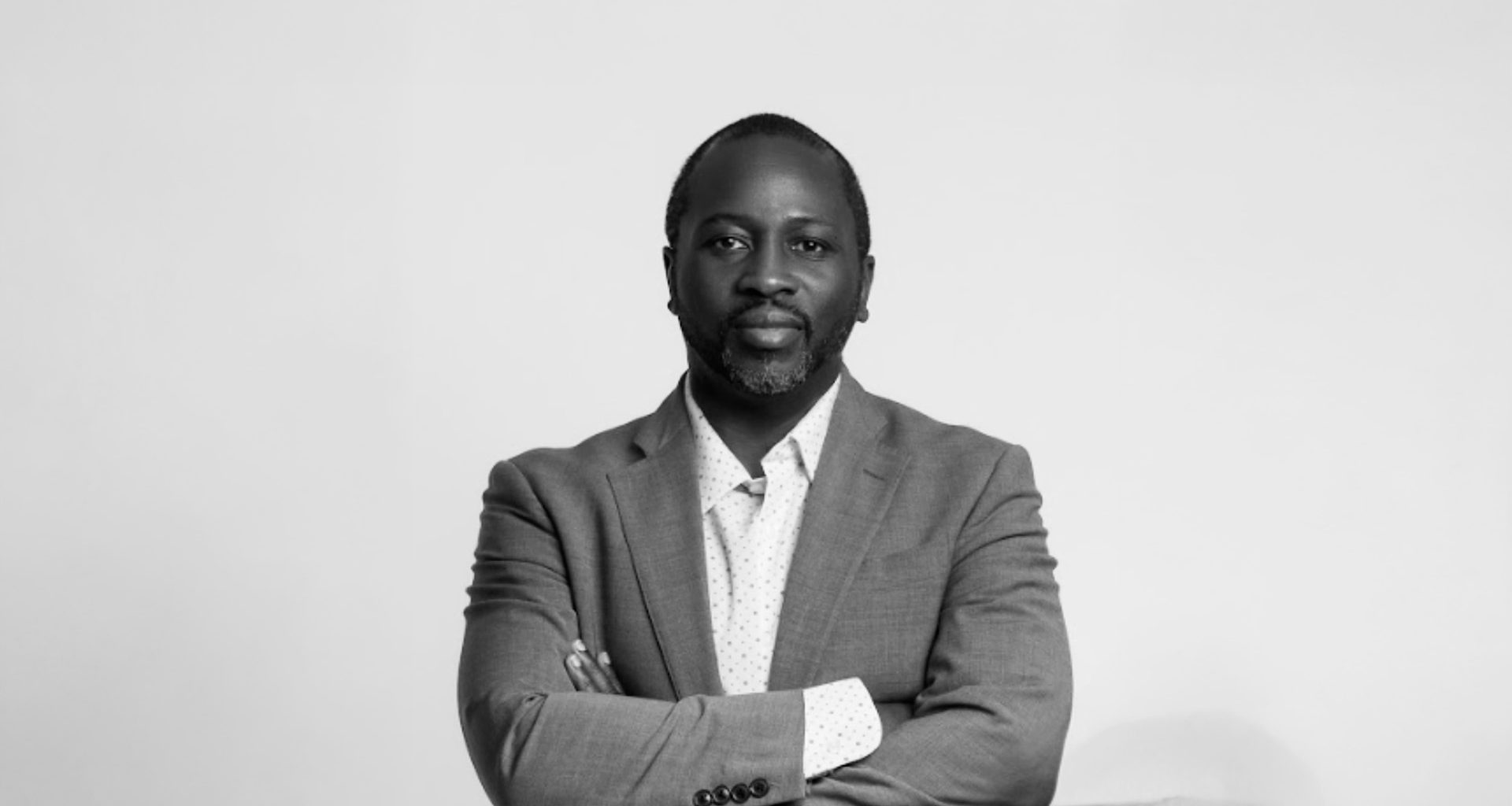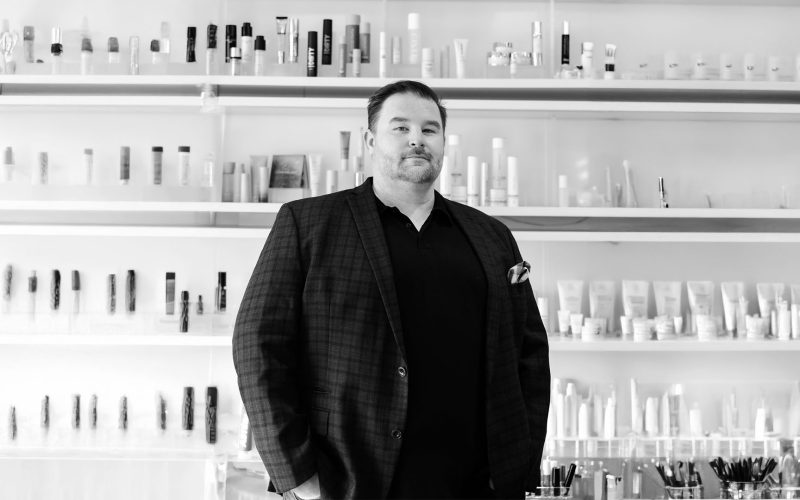Job hunting brings countless challenges, but asking for references might be the most uncomfortable part. This seemingly small hurdle inspired one entrepreneur to create a solution that eliminates the awkwardness entirely while helping job seekers land their next opportunity. Gerald Samuel Gordon, co-founder of Reference Me, has built his company around understanding the human element behind business problems, focusing on purpose, identifying true customer needs, and creating solid technical foundations.
Focusing on Who You Help
Ideas are cheap. Everyone’s got them. But Gerald knows what separates the dreamers from the doers. “What I really love about building companies, especially in this day and age is it’s very easy to come up with an idea, but those who are successful are going to be the ones that actually execute on the idea,” he says.
For Gerald, execution starts with knowing exactly who you’re helping. His team at Reference Me built their system specifically for job hunters who need references to land their next gig. They didn’t try to boil the ocean. Instead, they stuck to what they knew best. “Healthcare, Manufacturing and Tech are where the expertise that my team has. So, we focus in those specific areas,” Gerald explains. This wasn’t just about building a business. Gerald talks about entrepreneurship like it’s a calling, not just a career choice. “Being an entrepreneur is all about a calling. And we desire to make sure that whatever we do, we’re doing it with full passion and a full desire to help people.” That drive keeps them focused on making something that actually matters.
Understanding Real User Friction
Here’s where most founders mess up, they build cool features nobody asked for. Gerald’s team fell into this trap at first. “When we first built Reference Me, we clearly did not understand what the real problem was. Our focus was on features and functionality versus really listening to the customer and understanding what the problem really is,” he admits. The lightbulb moment came when they realized people weren’t struggling with the technical part of references. They were struggling with the human part. “When you are asking someone for a reference, it can be an awkward situation. You may not have worked with them in a long time. You’re not sure exactly what you want to say,” Gerald points out. By taking that awkwardness out of the equation through a simple email and survey process, they hit on something people actually needed.
Before that realization, they were building solutions to non-problems. “We were building all types of things, background checks, trying to figure out identity, trying to make it easy for people to actually write the reference, but that wasn’t the real problem,” he says. “The real problem was making it easy for an individual to ask someone for a reference.” Once they got that, everything changed.
Building Smart and Sustainable Systems
With clear purpose and problem in hand, Gerald emphasizes building foundations that won’t crumble. “You need to build a solid foundation. And that’s going to be associated with using tech, process and operations in order to put all of those things together so that you can build a profitable company,” he explains. For non-technical founders, Gerald doesn’t sugarcoat it. “If you are not a tech expert, I would suggest that you would hire someone to support that part of the business. Because if you get it wrong, it can cost you a lot of money in order to catch up.” Cutting corners here almost always backfires.
Beyond just the code, Gerald pushes founders to document everything from day one. “When you are working with your first client, when you’re figuring out the sales call, when you’re talking to people, you want to record everything so that you can replay it back and refine it as you go.” These records become the playbook for consistent growth later on. Gerald knows there’s no shortcut to building something that lasts. But he’s convinced that focusing on these three principles – purpose, real problem-solving, and solid foundations, puts founders on the right track. Sometimes the biggest business opportunities hide in the smallest human discomforts. Just ask anyone who’s ever sweated over asking for a job reference.
Follow Gerald Gordon on LinkedIn to learn how human insights can drive smarter business solutions.







